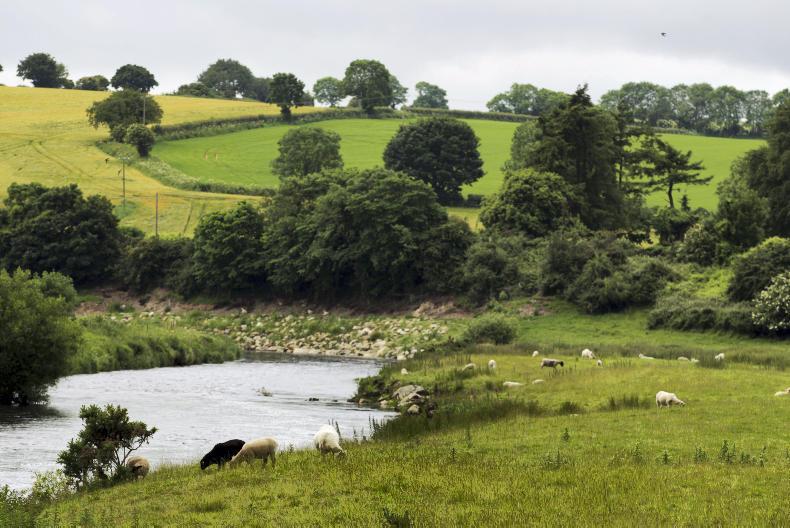Friday
Dry start to the weekend with good sunshine through the day. According to Met Éireann, after a cool start to the morning, temperatures will rise to between 15°C and 19°C in light breezes.
Friday night will be chilly with clear spells and patchy high cloud. Light southerly winds will increase to moderate near west and northwest coasts. Areas of mist and fog will form towards dawn. Minimum temperatures of 4°C to 8°C.
Saturday
Saturday will be another dry day across Leinster and Munster with sunny spells, but perhaps turning a little hazier later in the day due to high cloud. Breezier conditions in Connacht and Ulster will bring thicker cloud in from the northwest during the afternoon.
Outbreaks of rain look likely to develop in parts of Connacht and west Ulster by the late afternoon and evening. Top temperatures will range from 16°C to 21°C.
Mostly cloudy on Saturday night with a few patches of light rain or drizzle around, but many areas staying dry. Minimum temperatures will range 9°C to 14°C, coolest across the northern half of the country, where a few clearer intervals may occur.
Sunday
Sunday looks like a mostly cloudy day with scattered outbreaks of rain. There is still some uncertainty regarding the exact position and timing of a weather front which is due to progress southwards over the country on Sunday, so the details are subject to change.
Top temperatures will range from around 14°C or 15°C in the north, possibly up to 19°C or 20°C in sunny spells in the south. Winds will be mainly light.
Beef
Adam Woods takes a look at cull cow options, clostridial vaccinations and the upcoming BEAM application deadline.
Dairy
In this week's dairy management notes, Aidan Brennan writes about building up grass covers, spreading fertiliser and analysing scanning results.
Sheep
There are just a few days left to apply chemical fertiliser with the prohibited period commencing on Sunday 15 September, writes Darren Carty.
Tillage
Broken weather continues to prevent the end of harvesting cereals and beans while some straw remains to be baled and there has been some rape planted, writes Andy Doyle









SHARING OPTIONS